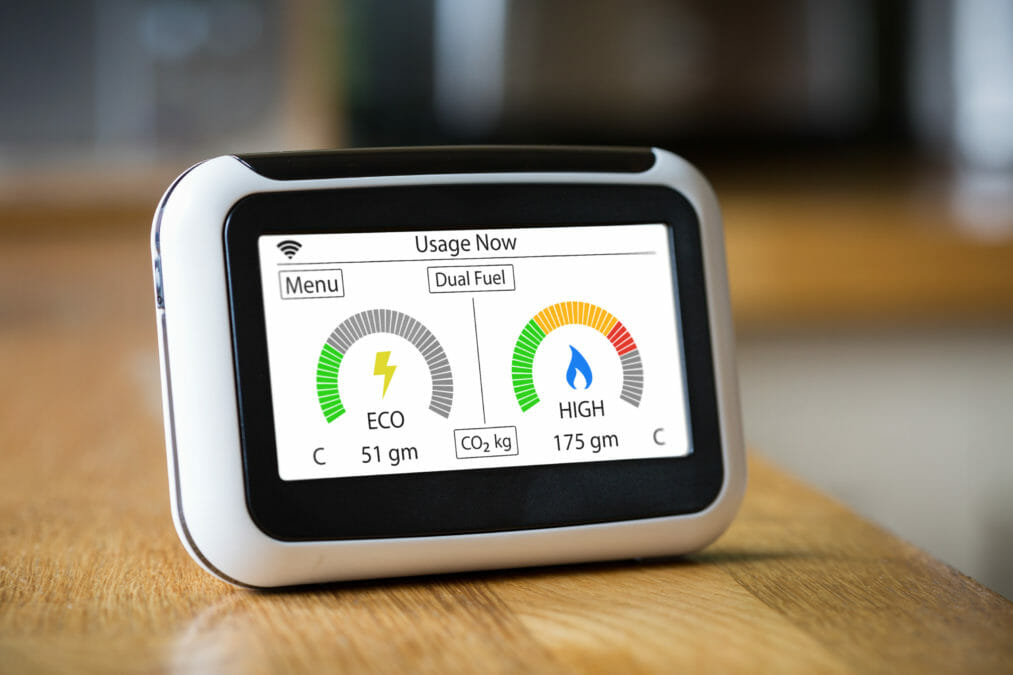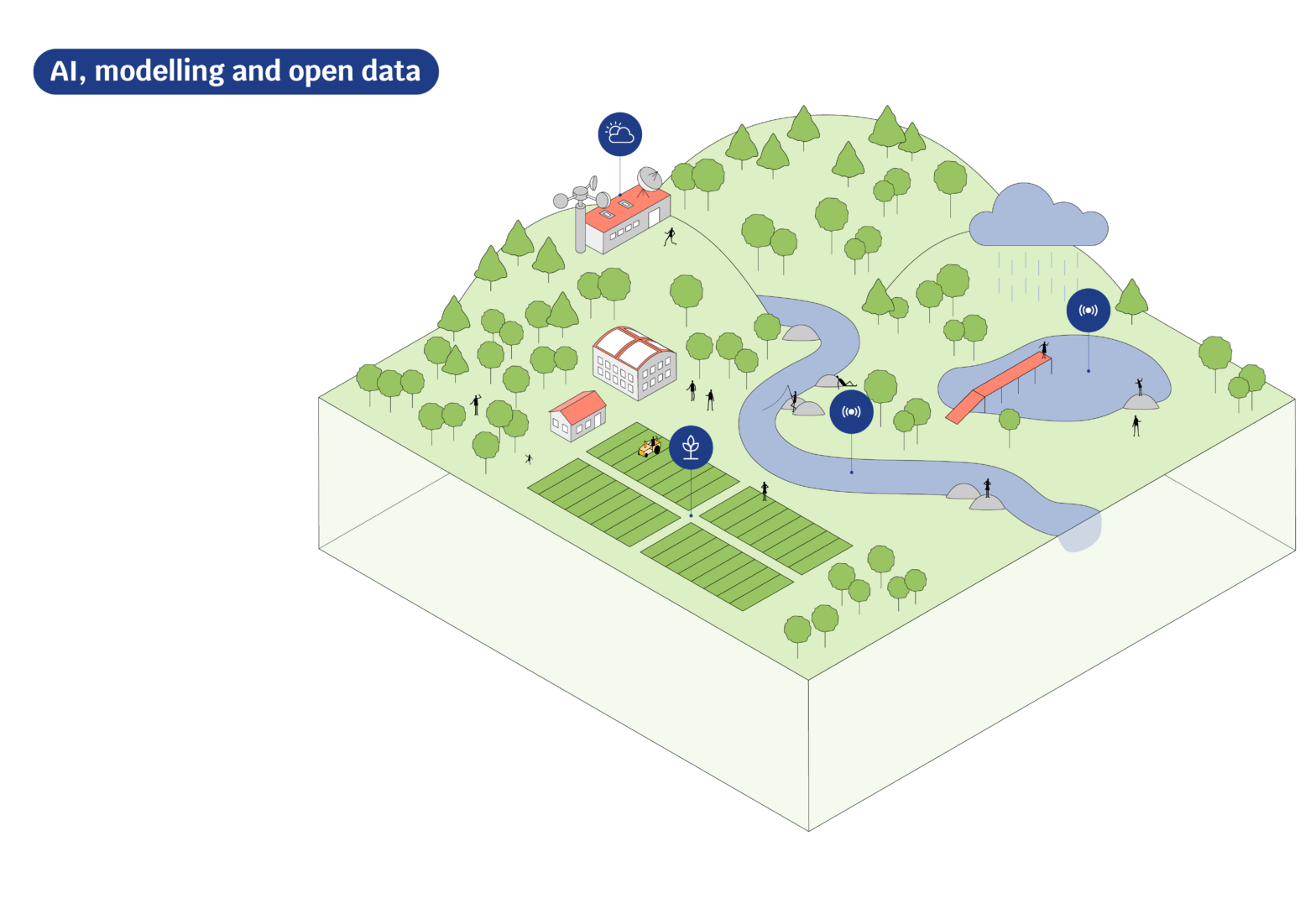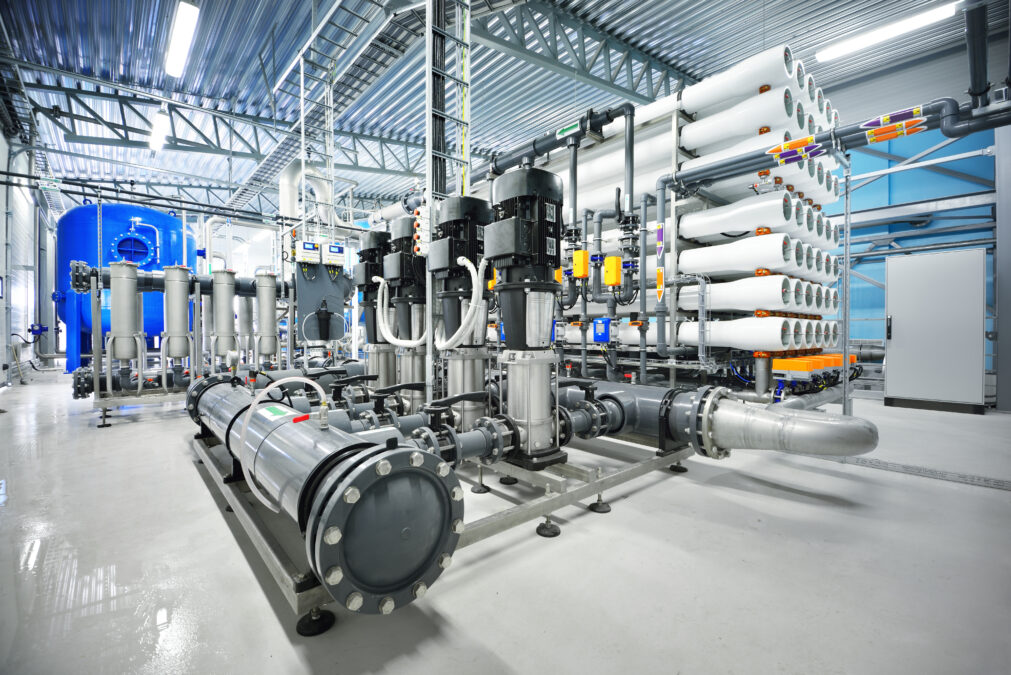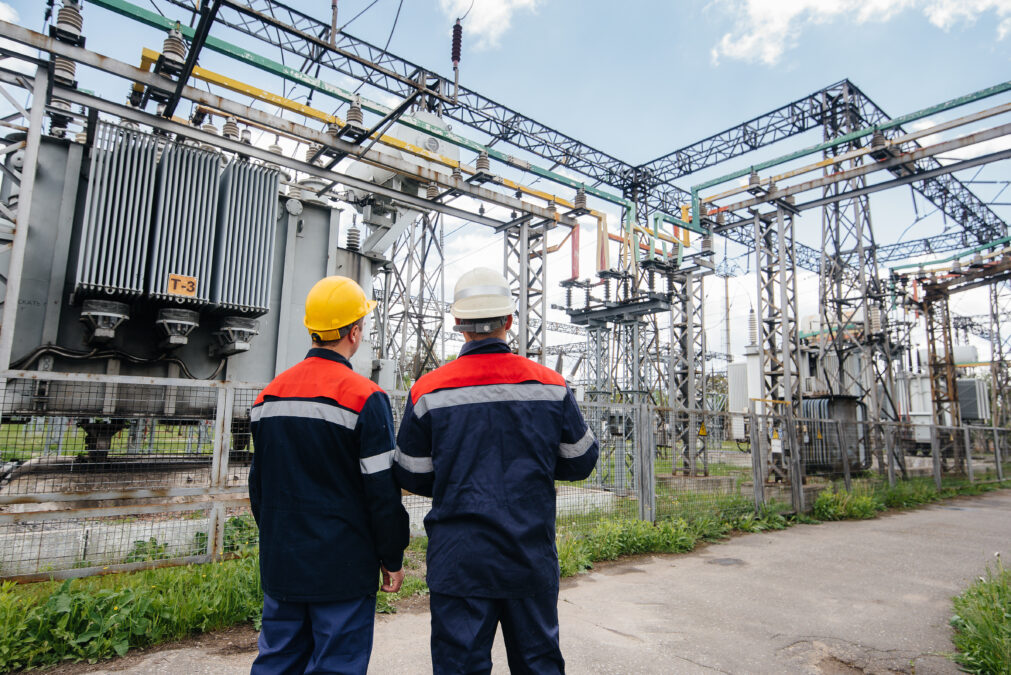The smart meter market represents a huge industry opportunity for the providers of the devices.
The industrial and commercial smart meter rollout is nearly finished. But, the domestic rollout phase — even though it began ten years ago — has stagnated. It’s in the very early days of progression.
To give an idea of the scale of operation, there are currently between 13-14 million homes that have had smart meters installed. To reach the UK government’s new target of at least 85%, or approximately 50 million households by 2024, efforts must be increased.
Initially scheduled for 2020, the mass domestic rollout of these devices to 85% of UK homes was delayed by the UK government until 2024.
There are a number of reasons for this delay, which has caused a slowdown in installations as suppliers take stock of the new target and work out new planning assumptions for 2024.
Information Age, in partnership with Information Builders, will be discussing the reason for this delay and the data impact of smart meters on the utility sector in a webinar on 27 February, which you can sign up to here.
Why the smart meter hold up?
Greg Poulton — equity research analyst at N+1 Singer — explained to Information Age that the main reason for the delay comes down to technology.
He said: “There was pressure by the utilities providers and energy suppliers on the government to postpone the initial 2020 target, because they were so far behind the deadline. Failure to meet it would have resulted in punitive fines, which they considered wholly unfair.”
The reason these providers and suppliers asked for a deadline extension was because the technology wasn’t available.
The smart meter debate: from energy supplier to lifestyle provider
SMETS1 and SMETS2 meters
SMETS1 and SMETS2 refers to the different generation of smart meters.
The first generation, SMETS1, was put in place as a stopgap until the SMETS2 technology was available — this next generation technology took much longer to bring to market than was originally anticipated.
“During this delay in the technology coming to market, an issue emerged with SMETS1,” said Poulton. “The first generation of the technology sent the data from the smart meters directly to the energy supplier.”
These companies are not experts in data security, their focus is on providing an energy and so a problem of protection and privacy emerged.
With SMETS2, however, the data from the smart meters is sent directly to a data communications company, which is a specialist in handling data.
“These type of companies are much more secure in terms of handling sensitive user data, their systems are all built with GCHQ technology and they will only allow your supplier access to that data at any point in time,” confirmed Poulton.
“If a user changes supplier, data communications company can immediately stops sending data to the previous supplier and automatically sends it to the new provider. And, the reason the SMETS2 technology took so long to come to market, was because this necessary supporting infrastructure wasn’t ready,” he continued.
The government wants all data generated by smart meters to be centrally managed by data communications companies to overcome security and compliance issues
The dumb smart meter
Another challenge that scuppered the 2020 rollout of smart meters surrounds the concept of the dumb smart meter.
All smart meters work and they carry out their intended purpose, but not all the suppliers are set up to receive the data from all of the different types of smart meter (depending on what manufacturer built them).
In this case where the supplier is not set up to receive the data, its software won’t be able process it correctly, to the point where the smart meter data is useless to them. That that’s what when the press talk about me again, that’s what they mean. Okay. So it’s effectively a failure of the supplier systems to process the data as opposed to a failure of the media.
“This was another issue in the rollout delay — a lot of suppliers slowed down the rate of installations and smart meters, because they were waiting for the SMETS2 technology, which didn’t have this problem [because the data bypassed the energy supplier and was sent directly to the data communications company].”
How Drax, AI and smart meters are helping UK reach zero carbon
The smart meter market opportunity
Only around 25% of the required 50 million households have had smart meters installed.
As such, there’s a huge market opportunity in terms of the installation of the meters — 75% of the UK market needs to be installed. “Within this remaining market opportunity it’s about a 70:30 split between the ‘big six’ and the smaller SME suppliers,” according to Poulton.
“There’s a massive market opportunity up until that 2024 rollout, but at the moment, it’s very much a land grab situation,” he added.
The main beneficiaries
There are three main beneficiaries of the smart meter market opportunity.
1. Calisen — providing smart meters to the ‘big six’ energy suppliers.
2. Macquarie — providing smart meters to the ‘big six’ energy suppliers.
3. Smart Metering Systems — the biggest supplier to the SME market.
These three are the biggest potential beneficiaries of the smart meter rollout, because they have the ability to support large scale installation.
An artificial situation
Poulton suggested that the smart meter market, while presenting a significant opportunity, has also created an artificial situation.
Every household in the UK will be converted up until 2024 and any provider in this space wants to access that growth. But, post-2024 every home will have a smart meter installed and the only growth factor will be towards the growth of new households ,which might represent only 2%.
UK’s net zero emissions goal
To meet the government’s net zero emissions goal by 2050, initiatives like the smart meter rollout are imperative.
Smart meters allow energy suppliers to better manage the supply of energy to households, because they will have real time data about the energy usage. This means, utilities companies will be better able to manage the peaks and troughs of supply and demand.
This will also benefit the consumer, who should expect much more competitive and efficient prices.









